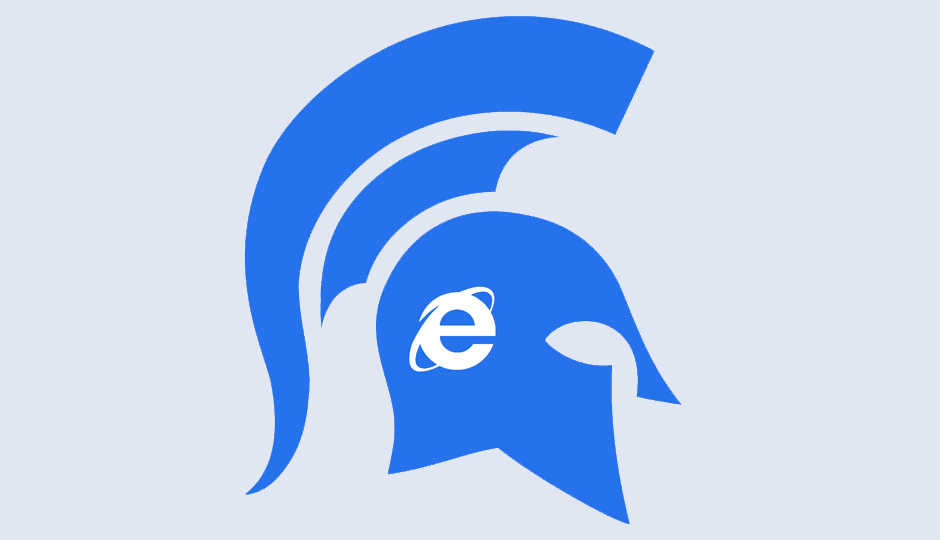From 2015 to the year of 2019, the well-known car manufacturer, Audi decides to expend 24 billion Euros, which is an increase of 2 billion Euros or 9 percent more than that of the former planning period. Its intention is to cross the rank of German challenger BMW. Seventy percent of the whole investment is intended for the expansion of latest models as well as equipments.
Audi tries to restrict the amount of stringent CO2 all over the world with a new generation of the special combustion engines and different efficiency technologies and new features in the parts of connectivity and also the driver’s assistance.
About the planned investment
Audi even plans to generate extra production capacities internationally in the next 5 years with a significant investment. And More than 50 % of the proposed investment will go on the German spots in Ingolstadt as well as in Neckarsulm.
Rupert Stadler who is the CEO of the Board of Management of this company, said that his industry is attempting to place the most priority on the issue of sustainable growth. For this reason, they are making large investments in the particular fields of electric car, lightweight construction etc to catch up the standard of BMW. The overall investment amount of 24 billion euro includes about 17 billion Euros of investment on the property and different tools and 7 billion Euros of costs of capitalized development.
In order to fulfill the considerable CO2 limits, the industry is giving effort not only on the new model of fuel-efficient gas and diesel engine, but even on some plug-in hybrids like the Audi A3 Sportback e-tron that became accessible in the first markets during the ending part of the year.
Different other programs for the future
The production works in Ingolstadt is now being organized for new models. A widespread rebuilding work will begin in Neckarsulm in the year 2015 with the intention of preparing the factory for the next model of the Audi A8 luxury car. The employees will also increase in regard to the investment in the major factories in Germany. During the earlier period of 12 months, this Audi has employed roughly three thousand new workers in Germany only.
Globally, the Audi Group’s workers have now increased to the record number of 80,000 workers. In Mexico as well as Brazil, this company is spending on new plants in order that it can wholly use the growth potential of the continent of America and even to become free of the exchange-rate changeability in the future.
The company started a training center to offer qualifications to fresh workers in San José Chiapa recently. In addition to this, 1,200 individuals who have already been hired, the company plans to deal with an additional 850 laborers in Mexico itself in next year. In the year 2016, the Audi Q5 will start the assembly lines.
Audi perhaps achieved the level of 1.7 million vehicles supplied in 2014. By the year 2020, the firm plans to be the most ideal brand on a sustainable basis.








